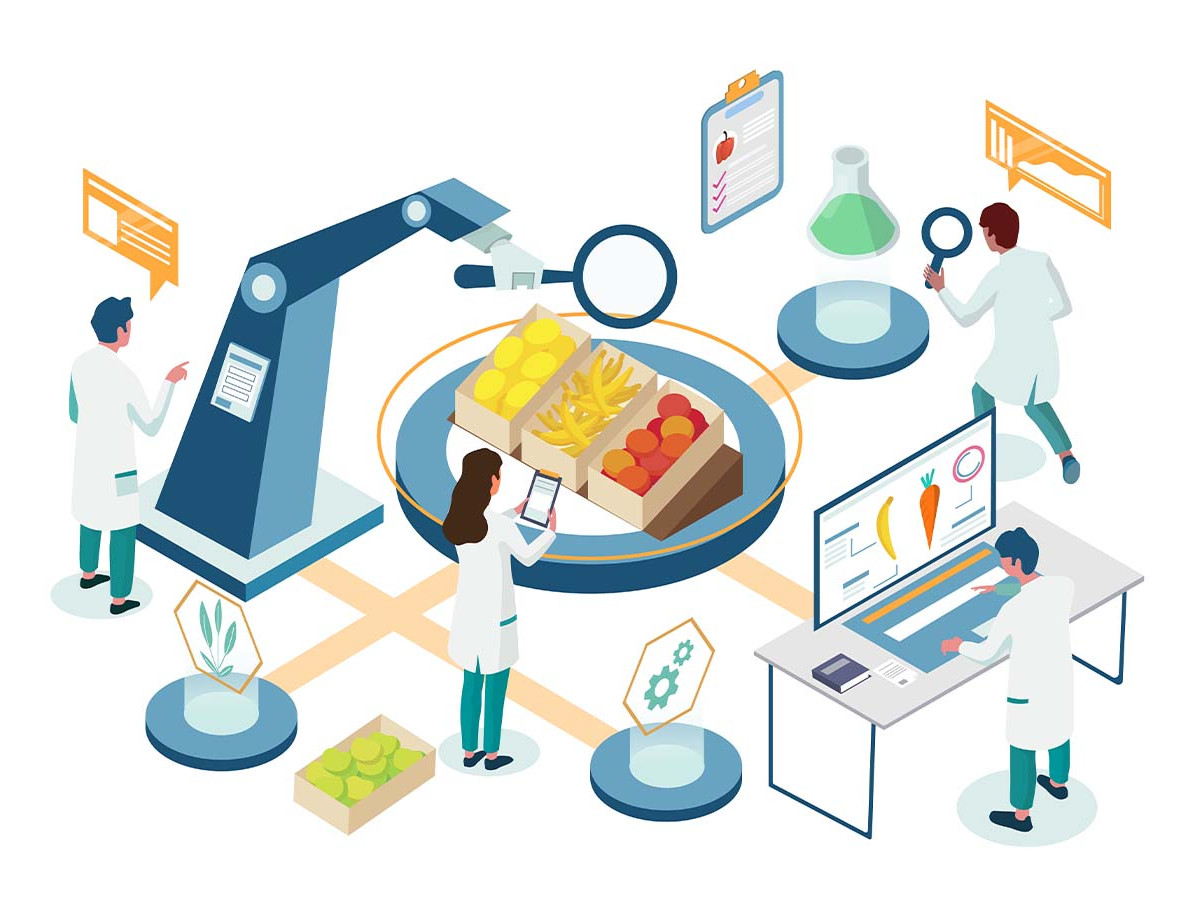
In compliance with the Organic Regulation (EU) 2018/848, Skal Biocontrol is obligated to conduct laboratory examinations for organic products or products in transition upon import, exhibiting an elevated risk of non-compliance with this regulation.
Skal and the European Commission have identified product/country combinations for laboratory investigations in 2024. This selection is based on risk analyses and is accessible in the National and EU lists. Refer to the goods nomenclature to confirm if your product falls under this table.
The selection of high-risk product shipments is based on data in the Certificate of Inspection (COI) within the TRACES system. Importers and primary recipients receive an email notification from Skal if their shipment is part of the sample. The shipment must remain available for sampling and analysis as a blockage decision is included in the email.
Sampling is conducted at the location of the First Receiver, unless there is a concurrent inspection by the Dutch Food and Consumer Product Safety Authority (NVWA). In such cases, the shipment undergoes inspection at Border Control Points (BCP) or Control Points (CP), with priority given to COI over CHED.
Qualitas Inspection carries out the sampling on behalf of Skal, with importers being contacted to schedule sampling appointments.
For shipments on the EU list, Skal processes the COI, and customs clearance can only occur after completion of the COI. Shipments on the national list can be declared to customs in the usual manner. Customs verifies the COI during the declaration process, documenting its decision in Box 30 of the COI. Selected shipments must remain available for sampling and analysis at Skal's request.
Skal aims to deliver results within 5 to 10 business days, unless further investigation is required or the shipment fails to meet legal requirements. For 2024, the costs for sampling and analysis are covered by Skal/LNV.
Check the product/country combination table on Skal.nl.
Source: SKAL